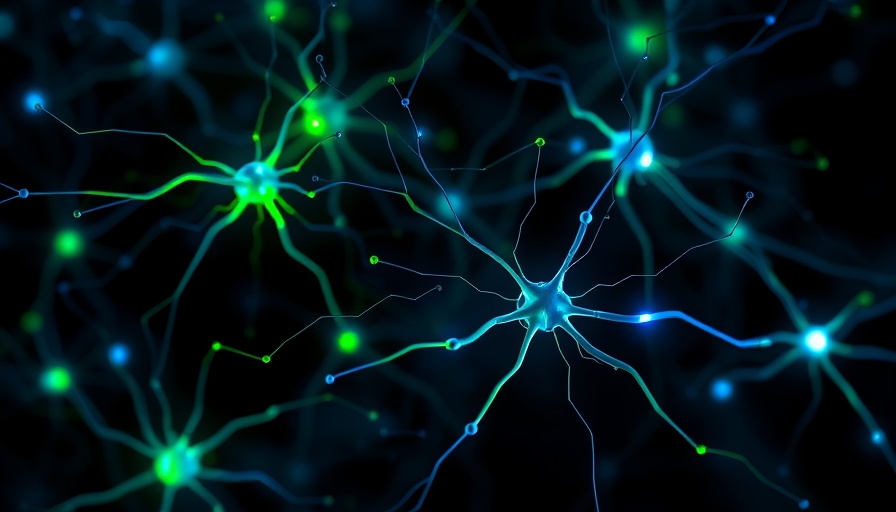
Aging: The Major Risk Factor for Neurodegenerative Diseases
Aging has long been recognized as the most significant risk factor contributing to neurodegenerative diseases like Alzheimer's, Huntington's disease, and amyotrophic lateral sclerosis (ALS). Despite this, how the aging process itself leads to the deterioration of neurological functions has remained elusive until now. Recent research from the University of Cologne has made significant strides in uncovering the molecular mechanisms linking aging to neurodegeneration.
Unlocking Molecular Mechanisms Behind Aging and Neurodegeneration
At the heart of this groundbreaking study lies the aging-associated protein EPS8. Researchers, led by Professor Dr. David Vilchez, utilized the nematode worm Caenorhabditis elegans as a model organism to study the role of EPS8 in cellular aging. They discovered that EPS8 accumulates with age and influences the signaling pathways that lead to toxic protein aggregation, a hallmark of various neurodegenerative diseases.
The team conducted experiments that demonstrated that increasing EPS8 levels triggers harmful stress responses within the cells, culminating in shortened lifespans. By decreasing EPS8 activity, they were able to prevent the buildup of these toxic aggregates, preserving neuronal functions in these worm models, thereby providing insights that are also pertinent to human diseases.
Implications for Human Health and Wellness
Understanding the connection between aging and neurodegeneration aids in shaping health and wellness strategies for aging populations. For instance, health and wellness centers might consider incorporating findings like this into their programs, focusing on nutrition, lifestyle changes, and potential interventions to mitigate neurodegenerative risks.
This highlights the vital importance of community health initiatives exploring alternative and complementary medicine avenues. By promoting healthy lifestyle choices, nutritional supplements, and natural remedies, communities can enhance overall vitality, addressing not only neurodegenerative diseases but also broader health concerns.
Future Directions in Research
As the research into the molecular pathways linking aging and neurodegenerative diseases advances, it opens avenues for innovative therapeutic approaches. There exists significant potential for developing interventions that target EPS8 and its related pathways. By employing lifestyle medicine principles that integrate nutrition and wellness strategies, as well as exploring naturopathic treatments, individuals may find tangible ways to support their cognitive health and longevity.
Building a Foundation for Better Living
Incorporating the insights gained from ongoing research into everyday health and wellness practices could be a game changer for those over the age of 25. Imagine community health workshops concentrating on the importance of lifestyle medicine, backed by scientific findings like those from Dr. Vilchez's team. Such programs could empower individuals to take charge of their health proactively, establishing habits that contribute to optimal health and wellness.
Final Thoughts: The Role of Awareness and Action
The studies conducted at the University of Cologne illustrate the necessity of staying informed about the links between aging and health disorders. As we deepen our understanding of how age impacts neurological health, it's equally essential to engage in discussions about lifestyle changes that can enhance our overall well-being.
Explore how these findings apply to your life: consider attending local health and wellness events, or consult professionals who specialize in naturopathic medicine to discover strategies tailored to age-related health needs. Remember, knowledge is power—staying informed can pave the way for a healthier life.
 Add Element
Add Element  Add Row
Add Row 




Write A Comment